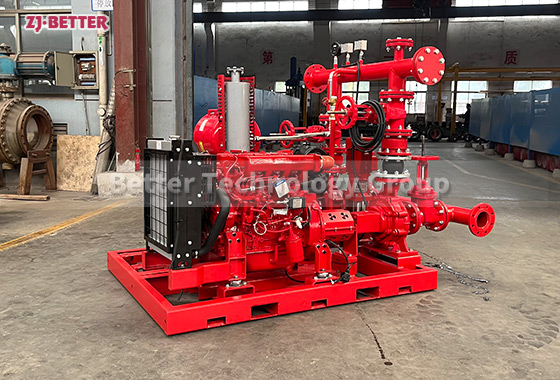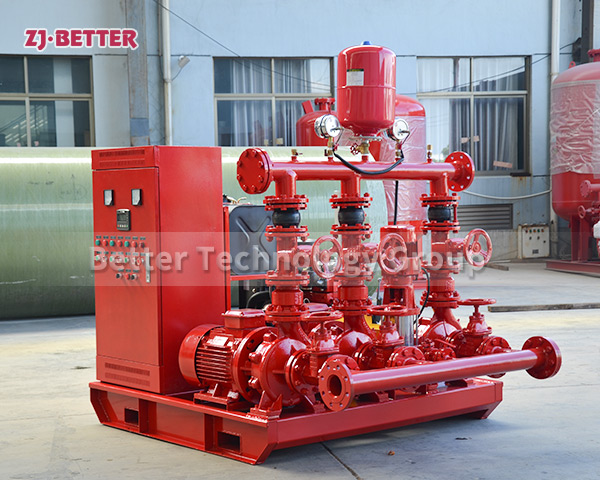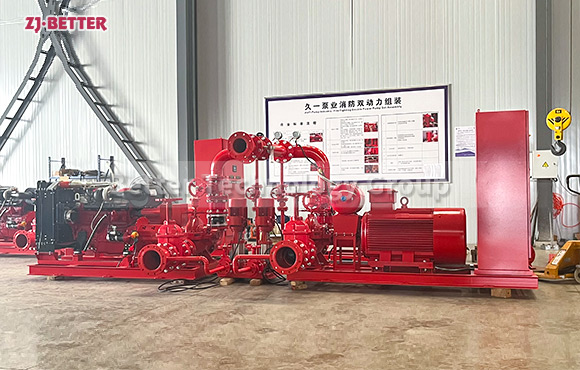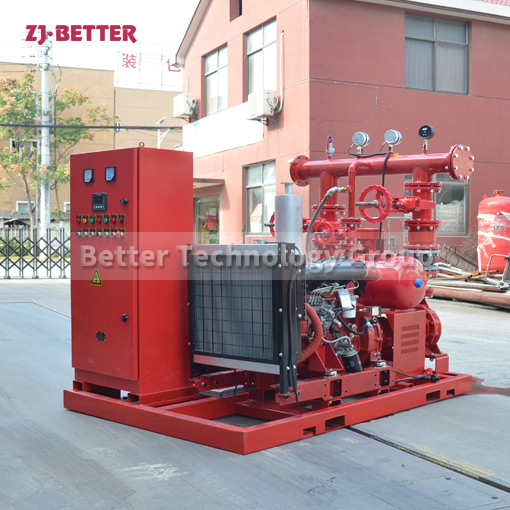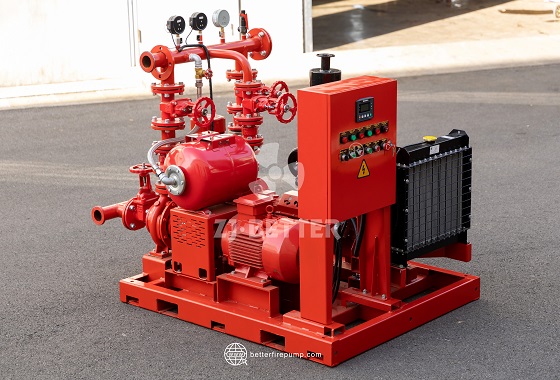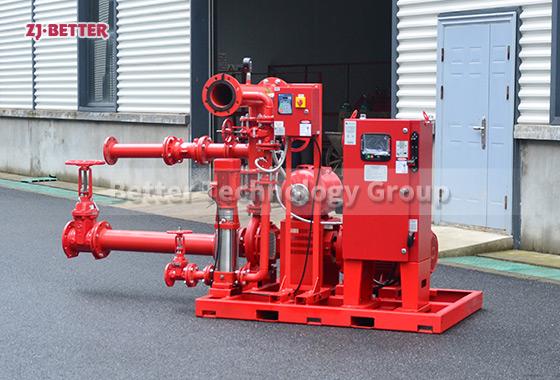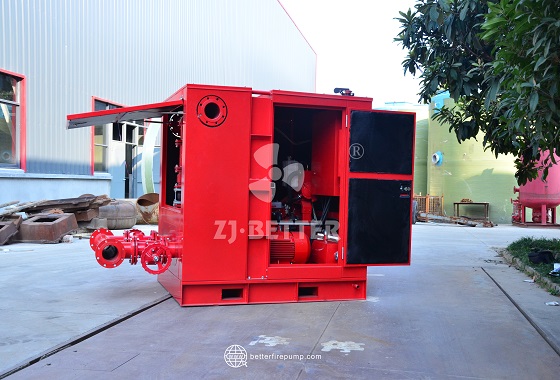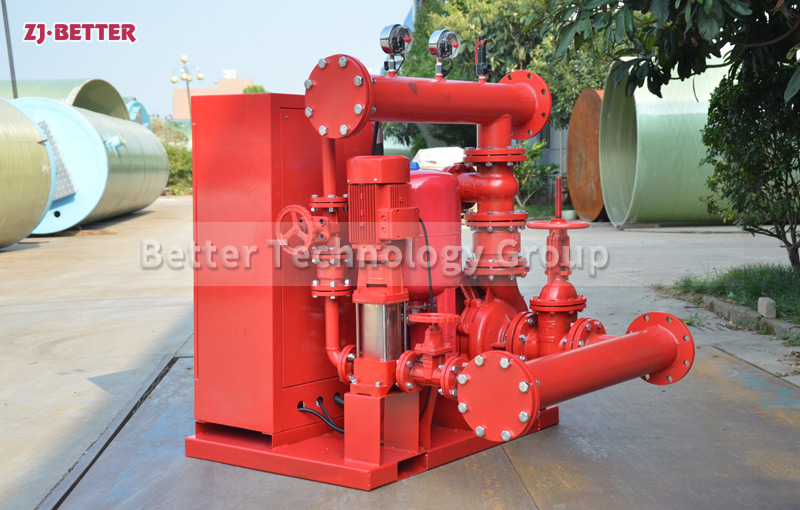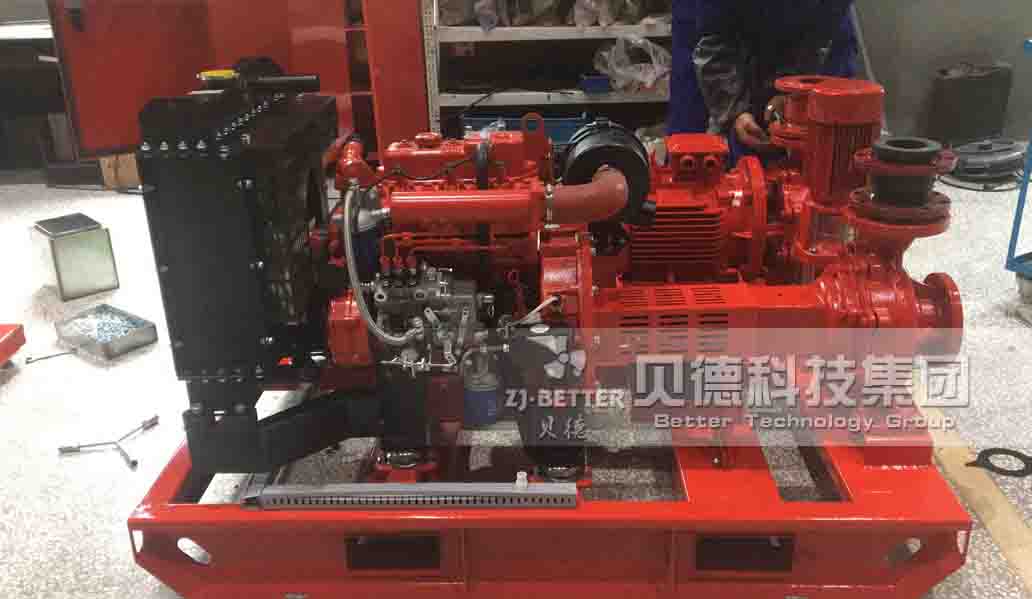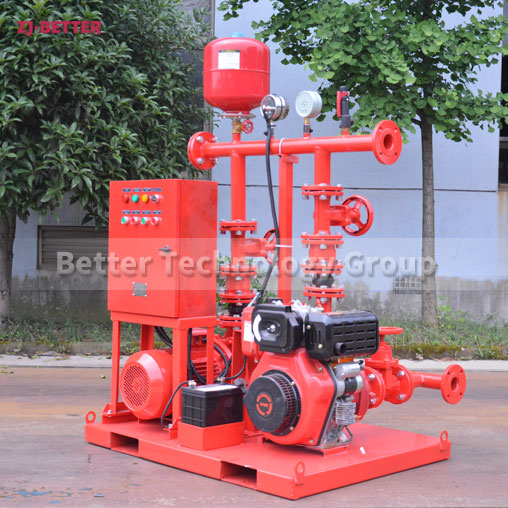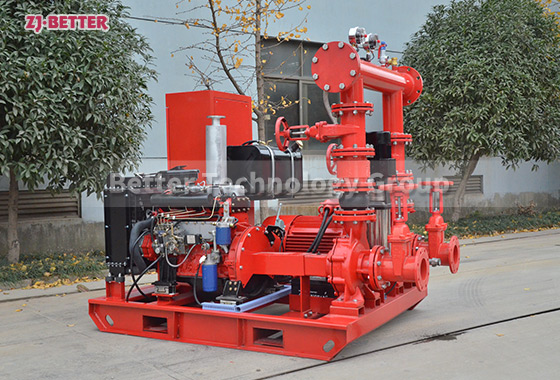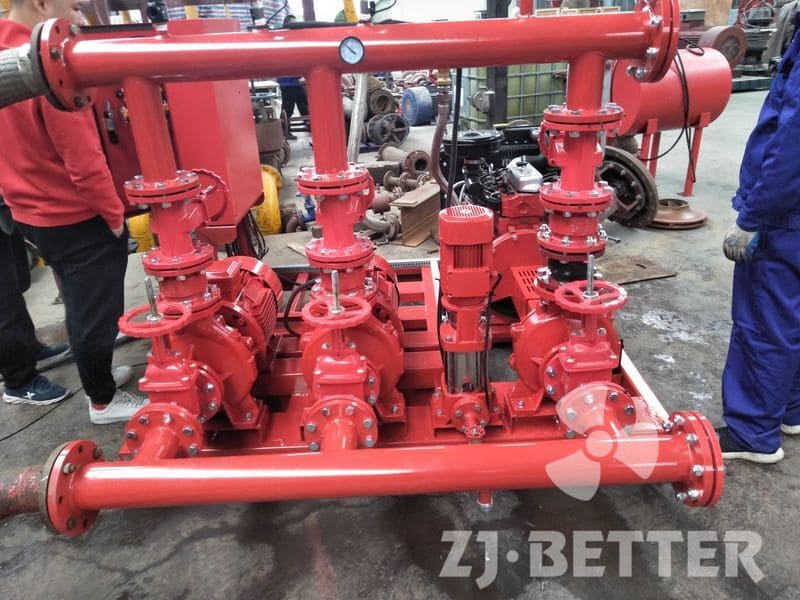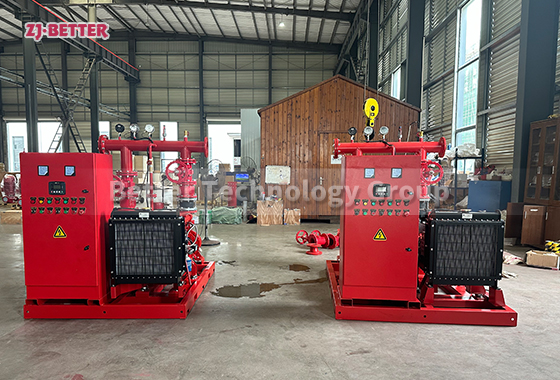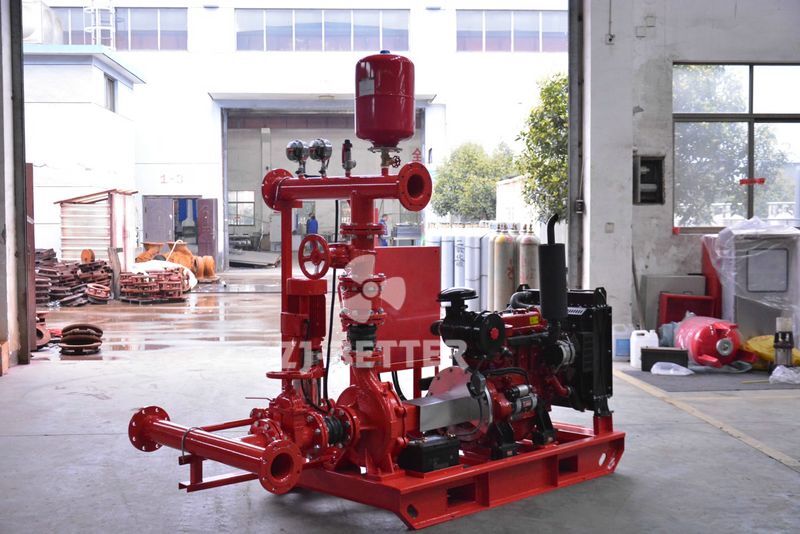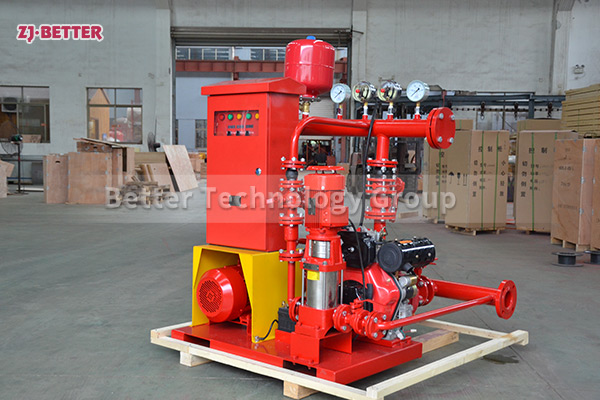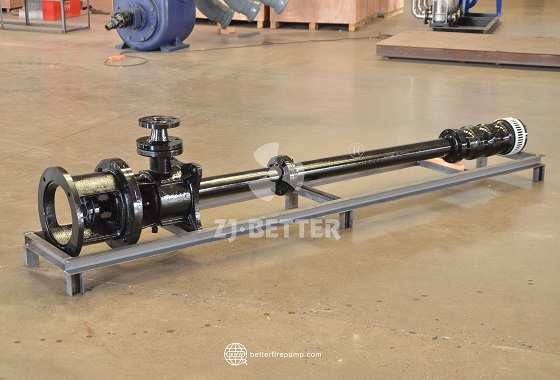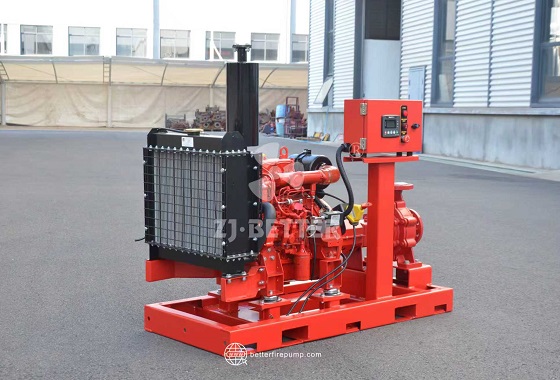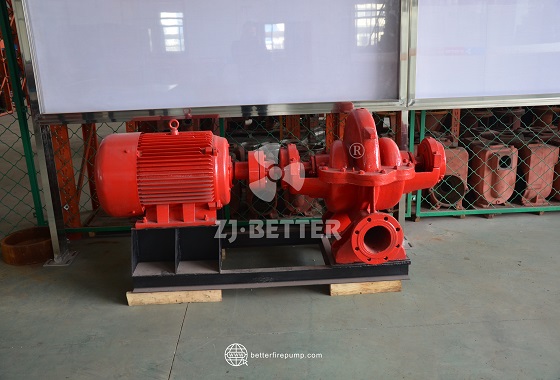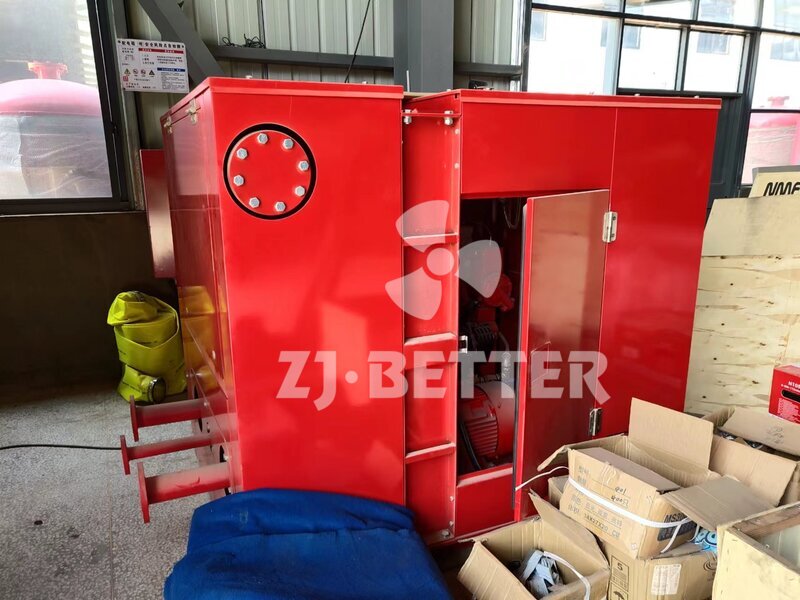Leakage failure of fire pump
Leakage failure in a fire pump refers to the undesirable escape of fluid, typically water, from the pump or its associated components. It is a critical issue that can hinder the performance and reliability of the fire pump system. Here are some key aspects of leakage failure in a fire pump:
Causes of Leakage: These include worn or damaged seals, gaskets, or O-rings, improper installation or tightening of connections, corrosion or erosion of pump components, and excessive vibration or misalignment.
Effects on Performance: Leakage compromises the efficiency and effectiveness of the fire pump system.
Safety Risks: Leakage failure poses safety risks to personnel and property.
Maintenance and Inspection: Regular maintenance and inspection are crucial for preventing and addressing leakage failure.
Corrective Actions: When leakage is detected, prompt action should be taken to rectify the issue.
Addressing leakage failure in a fire pump system is essential for maintaining its reliability and performance. By implementing regular maintenance practices, conducting thorough inspections, and promptly addressing any signs of leakage, the risk of failure can be minimized, ensuring the fire pump operates optimally and provides reliable water supply during critical firefighting situations.
Leakage failure in a fire pump refers to the undesirable escape of fluid, typically water, from the pump or its associated components. It is a critical issue that can hinder the performance and reliability of the fire pump system. Here are some key aspects of leakage failure in a fire pump:
Causes of Leakage: These include worn or damaged seals, gaskets, or O-rings, improper installation or tightening of connections, corrosion or erosion of pump components, and excessive vibration or misalignment.
Effects on Performance: Leakage compromises the efficiency and effectiveness of the fire pump system.
Safety Risks: Leakage failure poses safety risks to personnel and property.
Maintenance and Inspection: Regular maintenance and inspection are crucial for preventing and addressing leakage failure.
Corrective Actions: When leakage is detected, prompt action should be taken to rectify the issue.
Addressing leakage failure in a fire pump system is essential for maintaining its reliability and performance. By implementing regular maintenance practices, conducting thorough inspections, and promptly addressing any signs of leakage, the risk of failure can be minimized, ensuring the fire pump operates optimally and provides reliable water supply during critical firefighting situations.

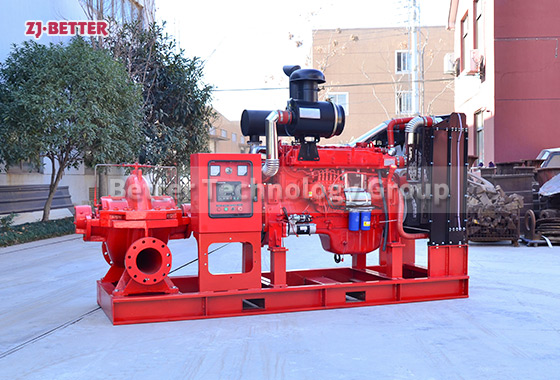
.jpg)

